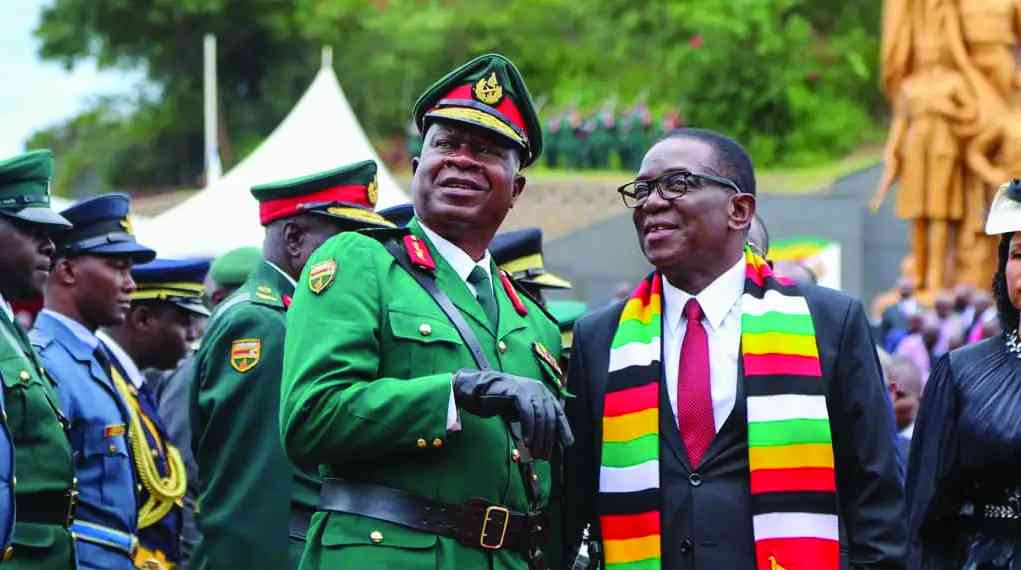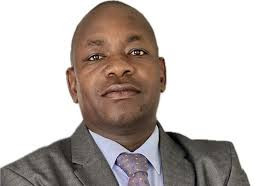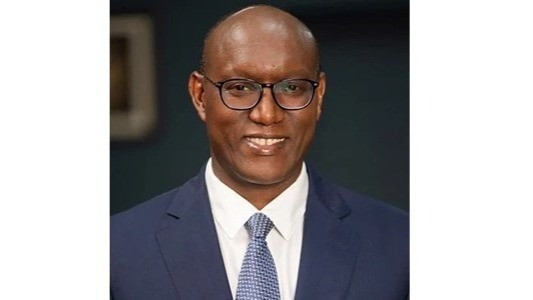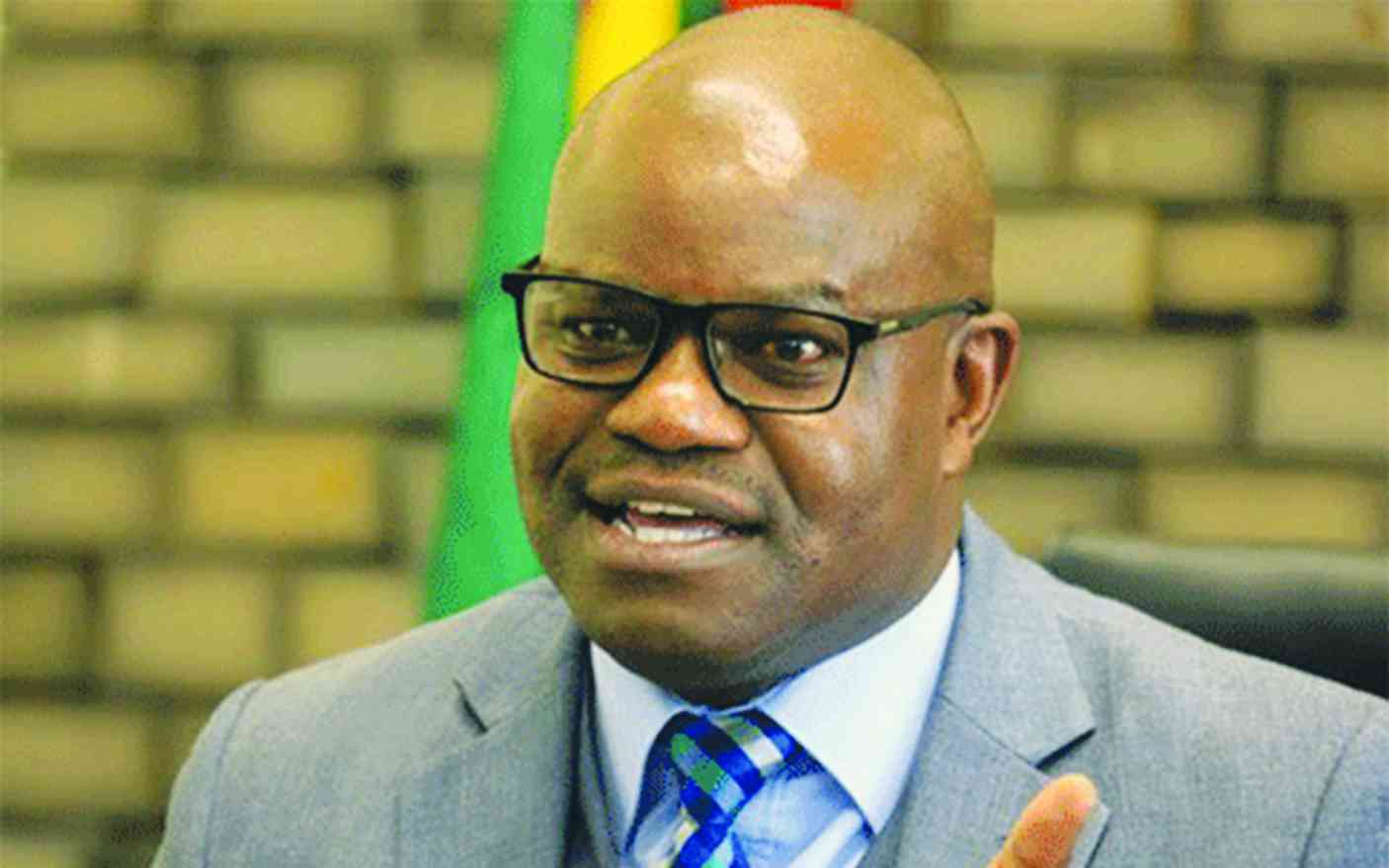
THE retirement of Zimbabwe Defence Forces (ZDF) Commander General Valerio Sibanda has sparked intense political debate, with analysts viewing the development as a strategic move in President Emmerson Mnangagwa’s broader bid to consolidate power.
The so-called “2030 agenda” being pushed by Mnangagwa’s loyalists is an attempt to extend his stay in office beyond the constitutional two-term limit, which ends in 2028.
That ambition has deepened internal tensions within Zanu PF, where factional rivalries continue to intensify.
Political analyst Ricky Mukonza said Sibanda’s exit was far from a routine administrative transition, arguing it represents a deliberate manoeuvre in the ruling party’s succession battles — a contest largely defined by Mnangagwa’s rivalry with Vice President Constantino Chiwenga.
Mukonza believes Sibanda could soon surface in the political arena as a strategic counterweight in Mnangagwa’s succession calculus.
“With the retirement of Valerio Sibanda, we are likely to see him getting into politics. Remember, this is a tradition; high-ranking military officials, who retire find their way into political offices in Zanu PF,” he said.
“ED (President Mnangagwa) had invited Sibanda into the politburo as an ex-official member not so long ago.
“This simply underscores how embedded the military is in Zanu PF politics.
- ZDF in routine exercise in Mash Central
- Security officers’ involvement in armed robberies worrisome
- Unintended effects of breakdown of rule of law
- 2023 elections: Mnangagwa’s swansong?
Keep Reading
“In the context of the 2030 politics, ED may want to use Sibanda against Chiwenga in his push for life in office beyond 2028.
“The conference 'victory' may have emboldened him to make changes that will promote the 2030 agenda, which will be to the detriment of Chiwenga,” Mukonza added.
Internal fissures became even more pronounced recently when Zanu PF secretary for legal affairs Ziyambi Ziyambi publicly criticised Chiwenga for failing to back the 2030 plan.
The confrontation followed Chiwenga’s release of a dossier alleging that the party had been infiltrated by shadowy businessmen using political influence to loot state resources.
Political commentator Tendai Reuben Mbofana described the military reshuffle as a “transparent political gambit” aimed at tightening Mnangagwa’s control over the security sector ahead of the 2028 succession race, and in service of the 2030 push.
He warned, however, that while the changes strengthen Mnangagwa’s hand in the short term, they do not guarantee political security or settle Zanu PF’s volatile succession dynamics.
“Sibanda’s retirement and the subsequent appointments are part of Mnangagwa’s continued attempt to fortify himself ahead of the succession battle and his 2030 ambitions,” Mbofana said.
“However, these moves do not neutralise Chiwenga or guarantee Mnangagwa’s long-term hold on power.
“Zimbabwean politics remains deeply unpredictable, and military loyalty can shift overnight when interests realign.
“These security reshuffles reveal Mnangagwa’s belief that controlling the military hierarchy is essential for his bid to stay beyond the constitutional two-term limit, but even with these changes, he faces enormous obstacles,” he added.
Mbofana further cautioned against assuming that appointing loyalists makes Mnangagwa immune to political machinations.
“Zimbabwe’s history shows that there are no permanent loyalties in our politics, only permanent interests,” he added.
“Mugabe learnt this the hard way in 2017 when those he believed were his most loyal allies engineered his removal; the same dynamics still apply today.
“Even a seemingly loyal military leadership can shift rapidly if officers begin to feel their future is more secure under another centre of power. Installing loyalists does not coup-proof Mnangagwa; it merely rearranges the chessboard.”
With Chiwenga emerging as Mnangagwa’s chief rival, businessman Kudakwashe Tagwirei has increasingly been seen in some quarters as a contender to succeed the president.











